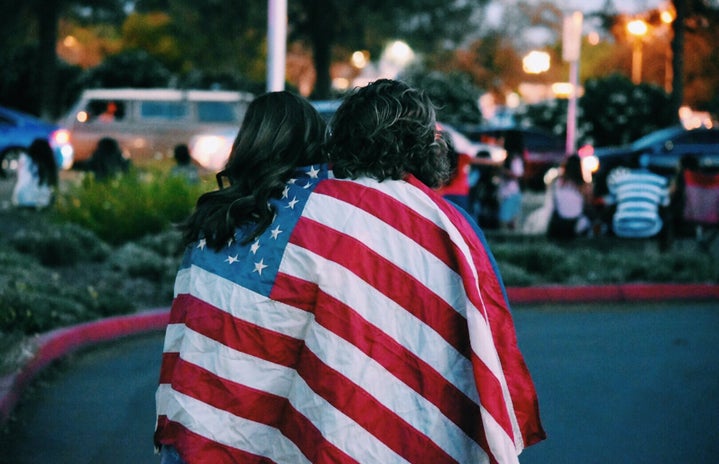With Donald Trump returning to office in January, many women in the United States are experiencing a renewed sense of urgency around gender equality, autonomy, and personal safety. This shift has inspired some to turn to a unique movement originating in South Korea: the “4B Movement,” which calls for rejecting traditional societal roles for women, including marriage, childbirth, dating, and sexual relationships with men. As online conversations grow, this movement’s rise in America reflects concerns about what a Trump administration might mean for women’s rights and personal freedoms.
What is the 4B Movement?
The 4B Movement began in South Korea, deriving its name from four Korean terms: bihon (no marriage), bichulsan (no childbirth), biyeonae (no dating), and bisekseu (no sex). Initially fueled by growing frustration over gender inequality, violence, and societal pressures, the movement allows women to prioritize their independence and self-worth over fulfilling expected gender roles.
This philosophy goes beyond individual choices about relationships; it’s a collective decision to reject the pressures and limitations that society has traditionally placed on women. In a culture like South Korea’s, where expectations about family life and gender roles are deeply embedded, the 4B Movement is a powerful way for women to say “no” to these norms and to pursue their own goals without the constraints of conventional expectations.
The Impact in South Korea
The effects of the 4B Movement in South Korea are complex but noticeable. For one, the country’s birth rate is among the lowest globally, which may be linked to changing attitudes among women. As more women prioritize their independence over marriage and motherhood, the traditional family structure in South Korea is slowly evolving. Men report having fewer sexual and romantic relationships, and the government is exploring policies to address declining birth rates and gender inequality.
The movement has also fostered online communities where women share stories of workplace discrimination, relationship challenges, and societal pressures. This sense of solidarity has strengthened the movement and reinforced the idea that rejecting traditional gender roles can be a powerful way to resist patriarchal norms. The government has even considered policies to address these demographic changes and support gender equity, although the results remain mixed.
Online communities in South Korea have also played a significant role, offering women a space to share experiences of discrimination and the pressures of dating, marriage, and workplace bias. Many feel that 4B has given them a sense of solidarity, encouraging them to assert their right to autonomy and self-determination without feeling obligated to conform to society’s expectations.
Why American Women are Taking Notice
Now, as Trump prepares to take office again, American women are showing increasing interest in the 4B Movement. Political discussions on social media are amplifying concerns about potential threats to women’s rights, sparking a sense of apprehension and a renewed desire for self-protection. Many American women are questioning the pressures placed on them by society, particularly in terms of dating, marriage, and family life. Social media platforms like TikTok and Instagram have become hubs for these discussions, with women exploring what it might mean to adopt 4B principles themselves as a response to both societal expectations and political realities.
For some women in the U.S., 4B is not about abandoning relationships entirely but about exploring alternatives to traditional paths in a climate where personal freedoms may feel increasingly at risk. The movement resonates as a way to maintain control over their lives and to protect their futures amid concerns about shifting policies and social norms.
Looking Ahead
While it’s uncertain if 4B will take root as deeply in the U.S. as it has in South Korea, there’s no doubt that the movement has sparked meaningful conversations among American women. In an era when many are increasingly focused on self-determination and autonomy, 4B offers a unique approach to resisting societal pressures and traditional gender roles. For some, it serves as a temporary stance to reevaluate their life choices, while others see it as a possible long-term commitment to redefining what it means to live as an independent woman.
Whether the 4B Movement will become a widely adopted philosophy or remain a niche trend, it’s already contributing to broader conversations around autonomy, choice, and the future of women’s rights in the United States.


